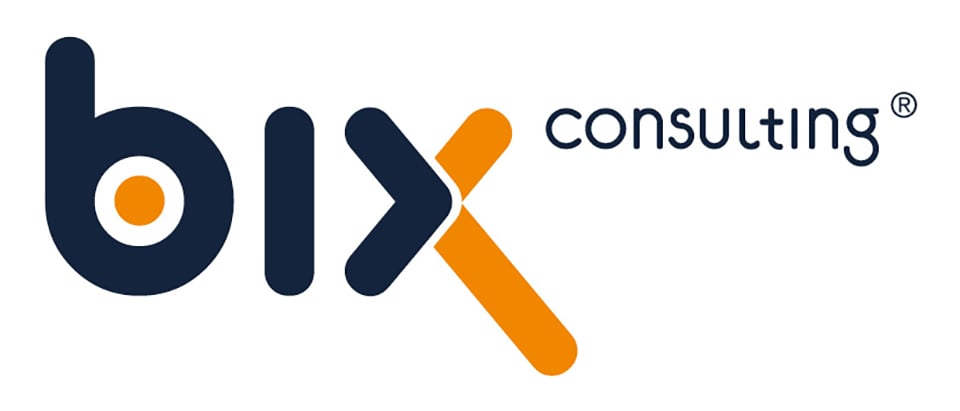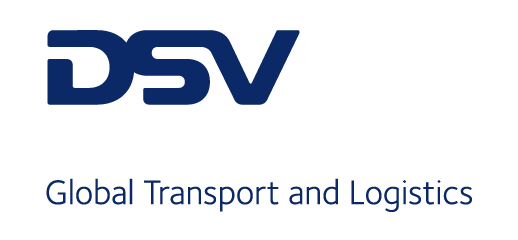-
Bachelor
Themenwelten Bachelor Vollzeit Bachelor Dual Bachelor Berufsbegleitend Studienkolleg / Prep4University
Bachelor Vollzeit Englisch
Bachelor Dual Management
Bachelor Berufsbegleitend Deutsch
Prep4University Programm
-
Master
Themenwelten Master Vollzeit Master Berufbegleitend Master Dual MBA Pre-Master Double Degree Master Digital Marketing Zertifikat
Master Vollzeit Englisch
Master Berufsbegleitend Englisch
Master Dual Management & Technik
Double Degree Master
-
Campus & Student Life
- Karriere & Networking
- Über Uns
Bachelor
-
Zurück
- Übersichtsseite
- Themenwelten
-
Bachelor Vollzeit
-
Zurück
-
Bachelor Vollzeit Englisch
-
Bachelor Vollzeit Deutsch
-
-
Bachelor Dual
-
Zurück
-
Bachelor Dual Management
-
Bachelor Dual Technik
-
-
Bachelor Berufsbegleitend
-
Zurück
-
Bachelor Berufsbegleitend Deutsch
-
-
Studienkolleg / Prep4University
-
Zurück
-
Prep4University Programm
-
Master
-
Zurück
- Übersichtsseite
- Themenwelten
-
Master Vollzeit
-
Zurück
-
Master Vollzeit Englisch
- Übersichtsseite
- Business Psychology & Management (M.Sc.)
- Digital Marketing (M.A.)
- Digital Transformation Management (M.A.)
- Financial Management (M.A.)
- Global Finance (M.Sc.)
- Global Supply Chain Management (M.Sc.)
- HRM & Leadership (M.A.)
- International Business - IB (M.A.)
- IB - Marketing Management (M.A.)
- Strategic Management & Consulting (M.Sc.)
-
Master Vollzeit Deutsch
- Controlling & Finanzmanagement (M.A.)
- Digitale Transformation (M.A.)
- General Management (M.A.)
- Gesundheitsmanagement und Gesundheitspsychologie (M.A.) New
- Marketing Management (M.A.)
- Personal- & Changemanagement (M.A.)
- Sales Management & Vertriebspsychologie (M.A.)
- Sportmanagement & Angewandte Sportpsychologie (M.A.)
- Wirtschaftspsychologie (M.A.)
- Strategisches Management & Consulting (M.A.)
- Nachhaltiges Management (M.A.)
-
-
Master Berufbegleitend
-
Zurück
-
Master Berufsbegleitend Englisch
-
Master Berufsbegleitend Deutsch
-
-
Master Dual
-
Zurück
-
Master Dual Management & Technik
-
-
MBA
-
Zurück
-
MBA
-
- Pre-Master
-
Double Degree Master
-
Zurück
-
Double Degree Master
-
- Digital Marketing Zertifikat
Campus & Student Life
-
Zurück
- Übersichtsseite
- Standorte
-
Internationalität & Studentenleben
-
Zurück
-
Internationalität & Studentenleben
-
Karriere & Networking
Über Uns



























.png?width=1419&height=406&name=Logo_Dish_Color_RGB%20(1).png)
























